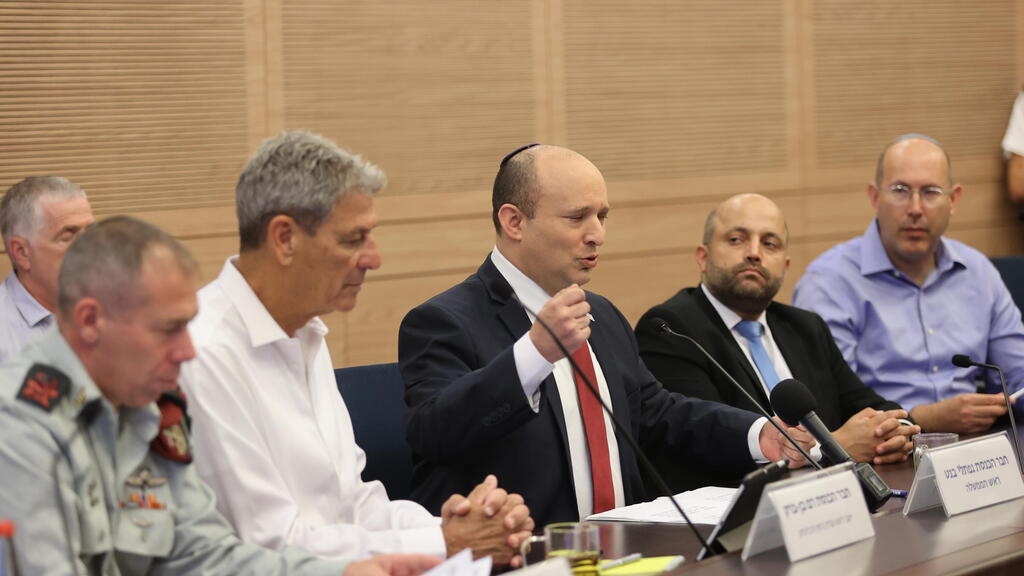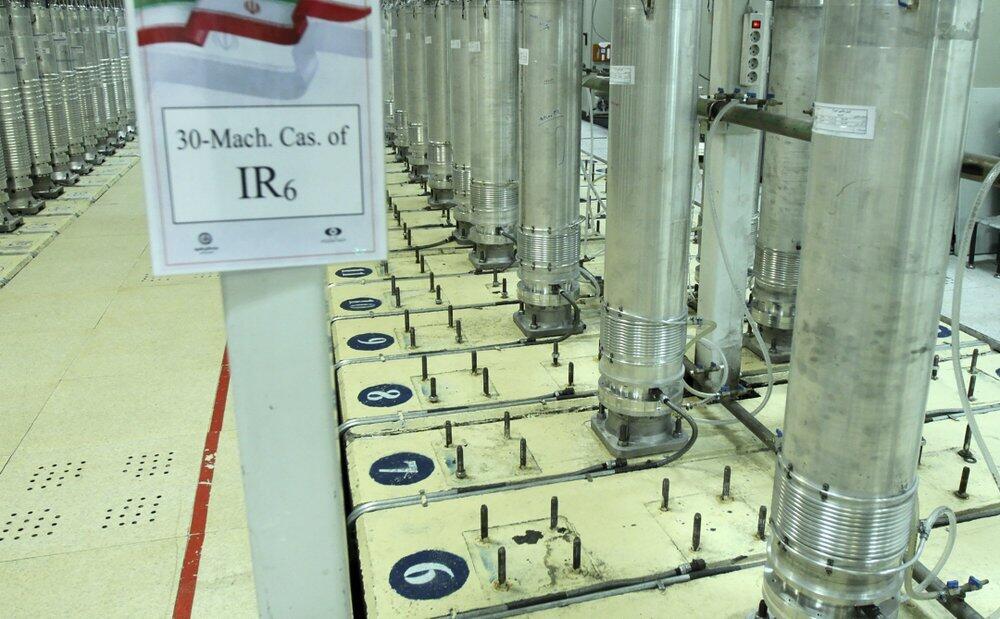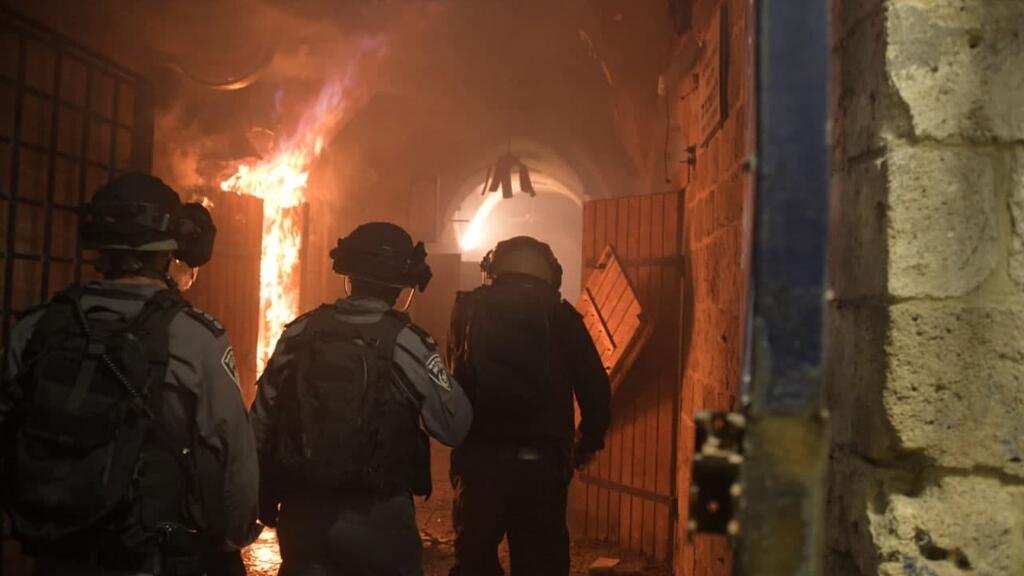Prime Minister Naftali Bennett said on Monday that Israel had recently adopted a new strategy on how to deal with Iran and the threat it poses to the country's security.
Bennett's comments came after a number of Iranian officials were reported to have died in the past month under suspicious circumstances, with some attributing these deaths to covert operations of Israeli intelligence services.
4 View gallery


Prime Minister Naftali Bennett at Knesset Foreign Affairs and Defense Committee on Tuesday
(Photo: Alex Kolomoisky)
"The past year has seen a strategic change in the Israeli policy on Iran, Bennett said during a session of the Knesset Foreign Affairs and Defense Committee.
"Israel is operating against the many tentacles of Iranian terror, not only in the way it had been done decades past. The days of Iran having immunity when it strikes against Israel and spreads its terrorism via proxies, are gone. We are operating everywhere and all the time, and will continue to do so," he said.
"In recent years Iran has crossed red lines, especially last April, months before this government came to power, when it began enriching uranium to 60% with no international response," the prime minister said. "Israel cannot and will not accept such a situation."
Bennett told members of the committee that in his meeting with International Atomic Emergy Agency chief Rafael Grossi - who was in Israel briefly last week - he made Israel's position clear.
"We maintain the freedom to act against Iran at all times, and as is necessary, with or without a resumption of the 2015 nuclear deal," Bennet said. "What we say, we back up with action," he said.
"We expect the Board of Governors will issue a clear warning sign before the regime in Tehran and make clear that if they continue their defiant nuclear policy, they will pay a heavy price," Bennett said at the parliamentary committee meeting, which was televised.
A draft resolution by the United States, Britain, Germany and France criticizing Iran for not fully answering the U.N. nuclear watchdog's questions on uranium traces at undeclared sites was sent to the watchdog's board overnight, three diplomats said.
4 View gallery


centrifuge machines in the Natanz uranium enrichment facility in central Iran
(Photo: AP)
The formal submission of the text very similar to a draft circulated last week, means it will be debated and voted on at this week's meeting of the 35-nation Board of Governors. Several diplomats said the resolution was likely to pass despite warnings by Iran of consequences including for talks on rescuing the 2015 Iran nuclear deal.
At the Knesset, Bennett also spoke about Israel's policy towards the Hamas terror group and said there too, has been a change in approach.
"We did not buckle in face of the Hamas threats of attack, and held our Jerusalem Day flag march according to plan," he said.
"We've attacked our enemies and will not allow them to amass strength. Our security forces are prepared for any eventuality," he said.
4 View gallery


Police troops in Acre during Arab Jewish rioting last May
(Photo: Police Spokesperson)
"The events of last year, when riots broke out in the mixed Jewish and Arab cities were a wake up call to the understanding of threats from within, the government has taken actions against Arab criminal gangs and the violence from nationalist militants including the deployment of Shin Bet operatives inside Israel."
The prime minister added the benefits of these actions are felt first by Arab citizens who have suffered greatly from the violence on their streets.
"I was told that no amount of money would matter if children are in danger of being shot," he said. "The government took action and we can see a drop in murder rates and shooting incidents," he said.


